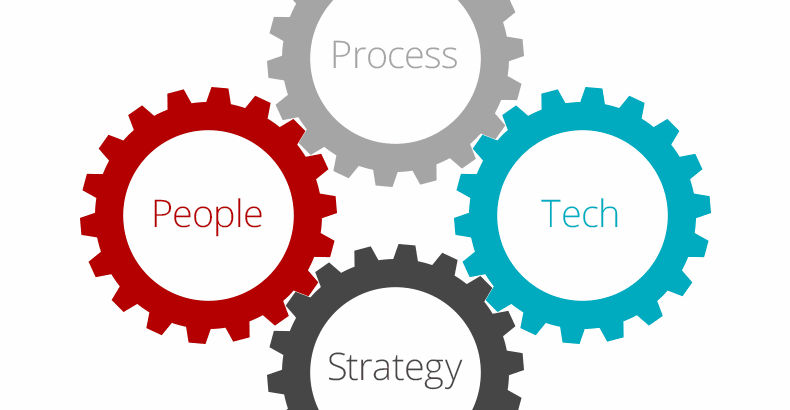Should we use a tool to help on the PEOPLE dimension?

The Common Answers
No
Most companies choose to stay with what they have and avoid spending money
In-House Competency Model
If you have invested in
a skill-based competency model,
then companies will turn to it for guidance
1D Behavioral Assessment
There are hundreds of options
in today's marketplace, but
most companies don't get a good ROI
An emerging alternative
Intellectual diversity was conceived inside EY Consulting in the 1990's to shift their partners into a teaming approach. It moved the firm from 6th to 2nd over five years. But when Cap Gemini acquired EY, they kept their own approach and jettisoned EY's Method Teaming. CG's decision released EY's propriety approach into the marketplace and gave everyone else an opportunity to leverage a 3D integrated assessment that delivers where others have not.

No Tools
In-House
Competency Model
1-Dimensional Behavioral
Assessment
3-Dimensional
Intellect Scan
What does it cost?
$0
$0
$0-100/person
$300/person
Who created it?
Business Experts
Psychology Experts
Business Experts
Why was it created?
To inventory knowledge, skills, and experience (KSE)
To label
observable
behaviors
To
determine
intellect
Why have companies made this choice?
It's fast
Fits into existing HR
Light-weight and promising
To get it right
No Tools
In-House
Competency Model
1-Dimensional Behavioral
Assessment
3-Dimensional
Intellect Scan
What does it rely on?
People's
Opinions
Evaluation
of Skills
A Personality
Model
Natural Position &
How They Play it
Why is it successful?
Your ability
to make decisions
Because KSE
is important
It feels good,
but isn't actionable
Aligns decisions
with neuroscience
What is the typical result?
Status Quo - Reliant on people making decisions
Status Quo - Reliant on people using the model
Nothing
Underutilized --> Maximized
(people feel valued)
What is most important to me?
Maintain business momentum
Individual competence
Individual fulfillment
(and retention)
What is the value-add?
None, but we are satisfied with our current performance
Focuses the
decision-makers on standardized skills
Focuses the
decision-makers on the intellect position (and then the skills)
No Tools
In-House
Competency Model
1-Dimensional Behavioral
Assessment
3-Dimensional
Intellect Scan
What is the learning curve?
Training leaders to make good decisions
Skills-based
training on the competency model
Training on the
"1D Model"
Initially reliant on consultant,
then HR,
and finally managers
What is the lifetime value for each person you touch?
Development
of skills
Interesting,
but not actionable
Skill development
aligns with natural position
No Tools
In-House
Competency Model
1-Dimensional Behavioral
Assessment
3-Dimensional
Intellect Scan
What new commitments are we making?
- Budget for assessment and consulting/training
- Employee time to take assessment
- Employee time to see themselves through the instrument
- Leadership time to apply the results towards business challenge
What's a reasonable commitment to get the results I want?
1D instruments can usually be purchased with a minimal price and implementation timeline
Budgeting $500-$1,000 per person usually gets an initial ROI in less than 90 days
Who needs to get on board?
As long as everyone
is ok with
the status quo,
then you are
good to go
Both the business & HR need to believe in the competency model and be using it already
Both the business & HR needs to believe in the new instrument and be willing to learn it
We are looking for a business champion's winning vision, a person who rallies others, an implementor, and creative input that personalizes it to your company

Which team has the competitive advantage?
- The team with superior individual talent
- The team with superior strategy
- Or the team with superior culture

